-
Black History Month
Article by UDaily Staff | February 05, 2026
UD to celebrate the critical contributions and activism of Black Americans
-
Designing protein building blocks for advanced materials
Article by Hillary Hoffman | February 05, 2026
UD researchers design protein fragments that self-assemble under extreme conditions
-
Curating a century
Article by Megan M.F. Everhart | February 05, 2026
Graduate student explores 100 years of student news and discovers a rich history

Interdisciplinary Programs

Microbiology - Ph.D., M.S.
Earth is microbial: Bacteria, archaea, viruses, protists, and fungi are the largest store of biomass on the planet, and represent nearly all of its biodiversity. They store massive genetic resources that can be used to solve challenges faced by our rapidly growing human population. Microbes are key to developing more sustainable energy generation and material synthesis, improving human health and wellness, and satisfying increased food demands of larger human populations in the face of limited environmental resources.
The faculty of the University of Delaware (UD) Microbiology Graduate Program address these challenges in five separate colleges and thirteen departments. By bringing these faculty and resources together to train the next generation of microbiologists, with stakeholder guidance to develop an innovative educational program, the Microbiology Graduate Program serves as a model for interdisciplinary enterprises at UD.
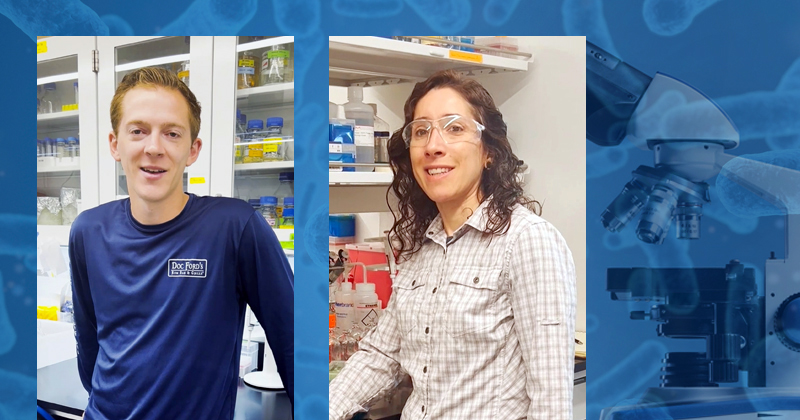
Read about how the UD microbiology graduate program unleashes the power of tiny creatures in UDaily
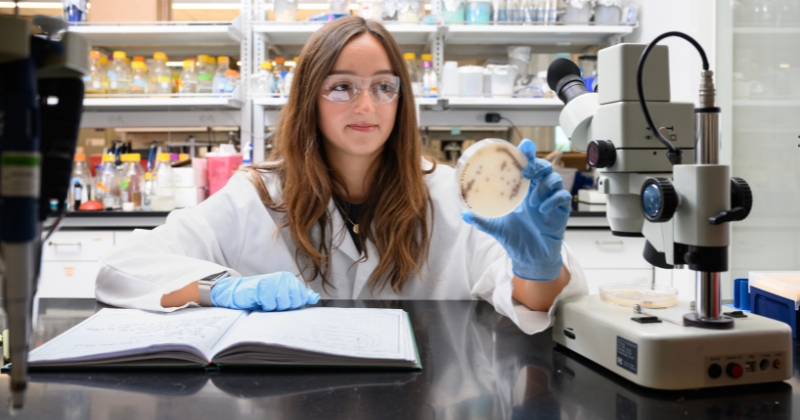
Read about how the UD microbiology graduate program investigated how a bacteria naturally found in the soil that is beneficial to human health can enhance the levels of the amino acid and antioxidant ergothioneine in spring wheat in UDaily.
The goals of this graduate program are to:
- Recruit and support a diverse pool of high-quality graduate students in Microbiology
- Support diverse Microbiology faculty invested in cutting-edge student training
- Rigorously deliver foundational concepts in genome-enabled Microbiology via a core curriculum
- Provide rigorous electives to support broad exploration beyond the core curriculum
- Foster professional skills in trainees, enabling them to succeed in multiple career paths
- Facilitate cross-departmental and cross-college research collaborations
-
RENEE HOOVER
Ph.D. student, Microbiology
“The interdisciplinary support, with access to experts in many fields at UD, has been crucial for my research on freshwater bacteria that oxidize iron which can help us improve soil and water quality.”
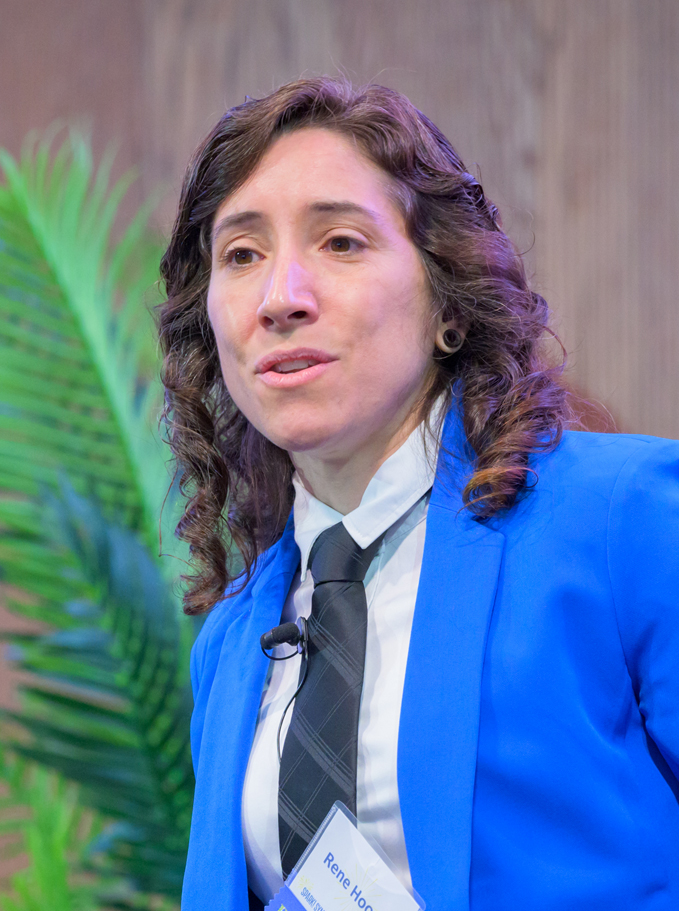
-
AUSTIN MORGAN
Ph.D. student, Microbiology
“UD’s microbiology program is perfect for synthetic biology enthusiasts like me, providing access to multiple labs and projects to enhance genetic circuit stability.”
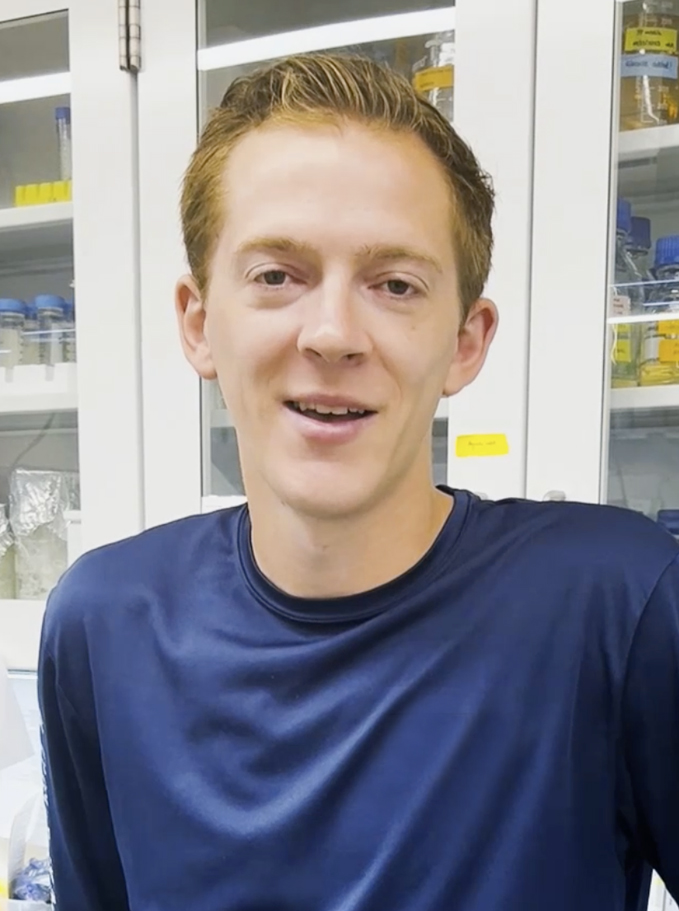
-
gracee tothero
Ph.D. student, Microbiology
“There is so much diversity in the environmental microbiology work at UD, and the collaborative culture here helps me as I study the impact of iron-oxidizing bacteria on biogeochemical cycles and nuclear waste contaminants.”
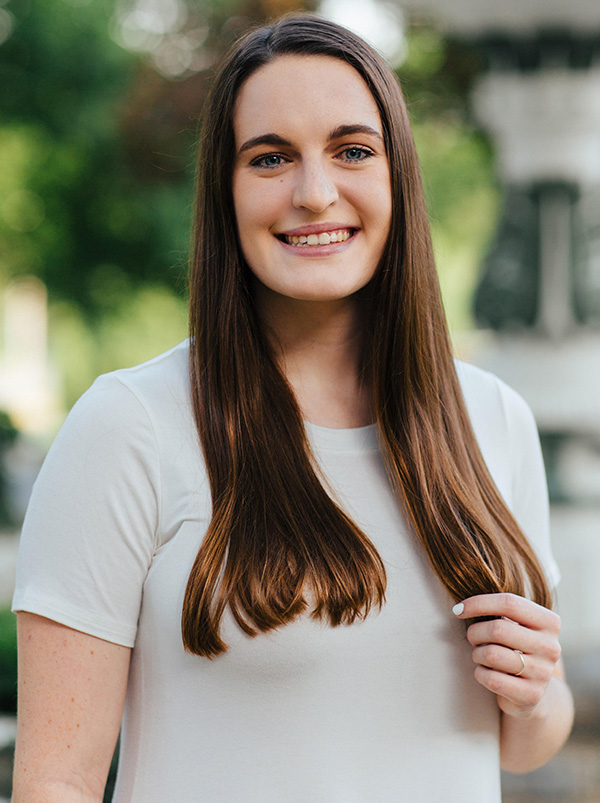
-
Casey Derieux
Ph.D. student, Microbiology
“The supportive faculty and collaborative environment at UD have made it feel like home while I research how genes influence the growth of green sulfur bacteria.”
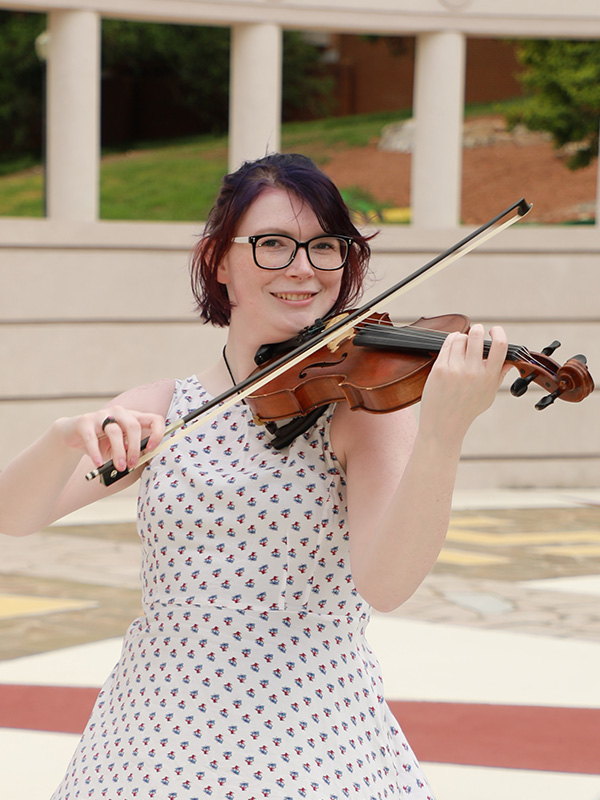
-
Alex Pipinos
Ph.D. student, Microbiology
“From the Mass Spectrometry Center to the Bioimaging Center, the vast resources and collaborative atmosphere at UD have been invaluable as I explore using ergothioneine-producing microbes to enhance crops.”
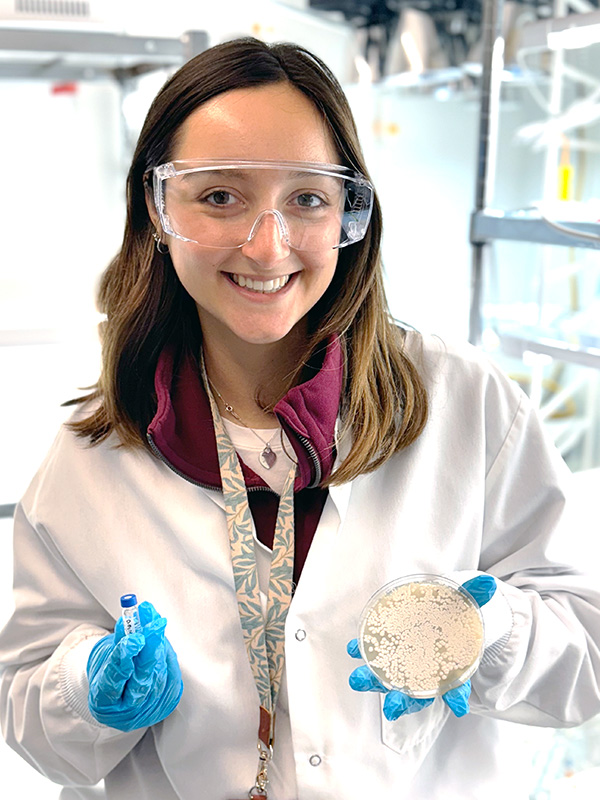
-
Aerin Rost-Nasshan
Ph.D. student, Microbiology
“The friendly and supportive community at UD has been instrumental in my work designing genetic tools for green sulfur bacteria to advance biotechnological research.”
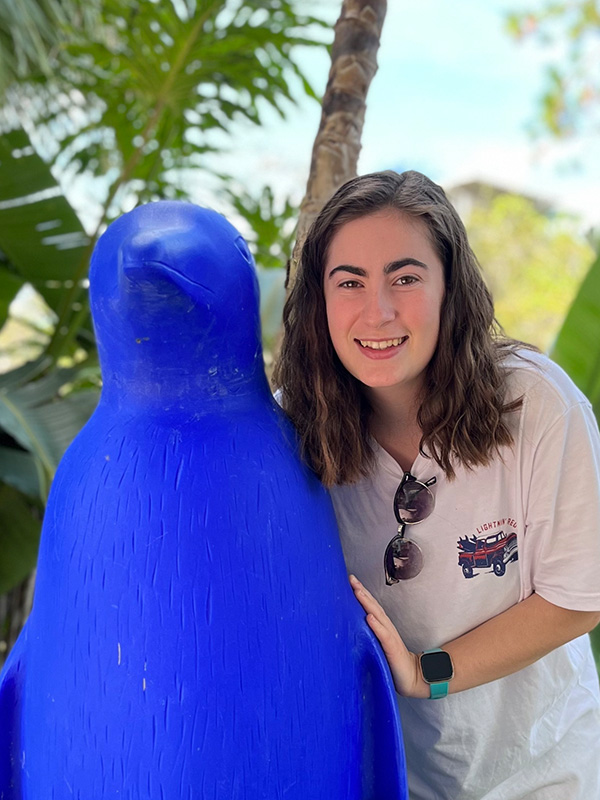
-
Emily Morgese
Ph.D. student, Microbiology
“My study of soil viruses and symbiotic nitrogen-fixing bacteria as eco-friendly alternatives to harmful human-made fertilizers is enhanced by the sense of community in the microbiology program.”
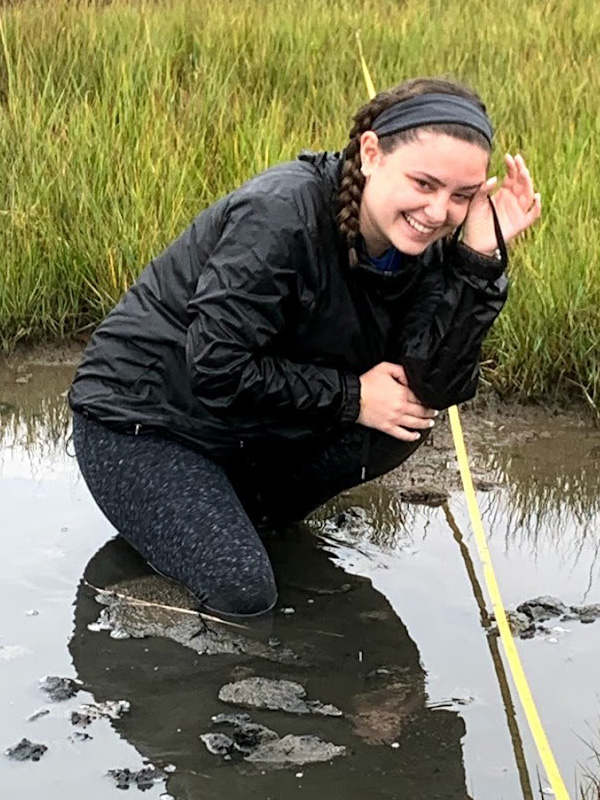
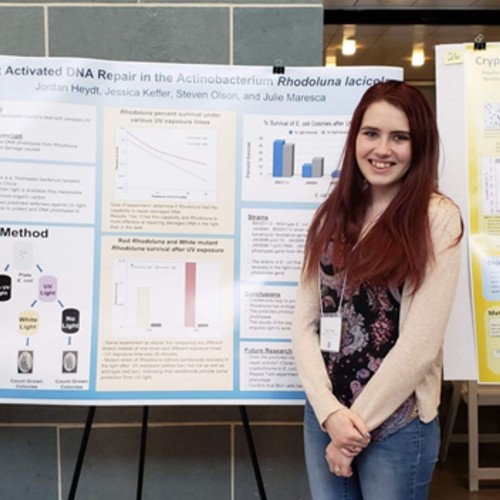
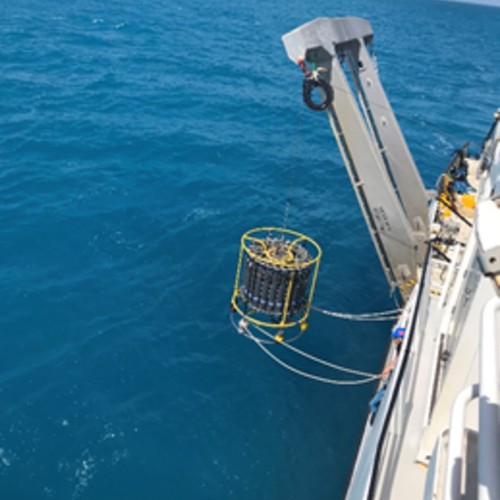

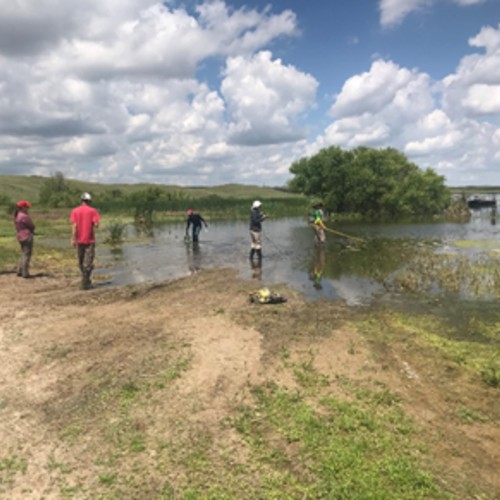
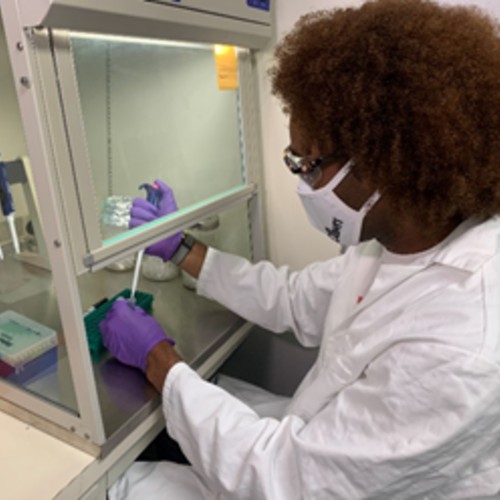
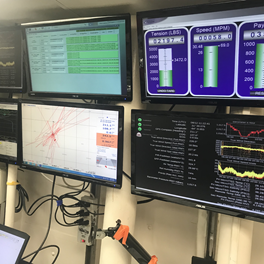
-
From campus to climate conference
Article by Adam Thomas | February 03, 2026
UD undergraduate and Climate Scholar Drew Martin participates in United Nations Climate Change Conference
-
Designing protein building blocks for advanced materials
Article by Hillary Hoffman | February 05, 2026
UD researchers design protein fragments that self-assemble under extreme conditions
-
Spring writing groups and workshops
Article by CAS Communications Staff | February 04, 2026
Improve writing and communication skill with the UD Writing Center

